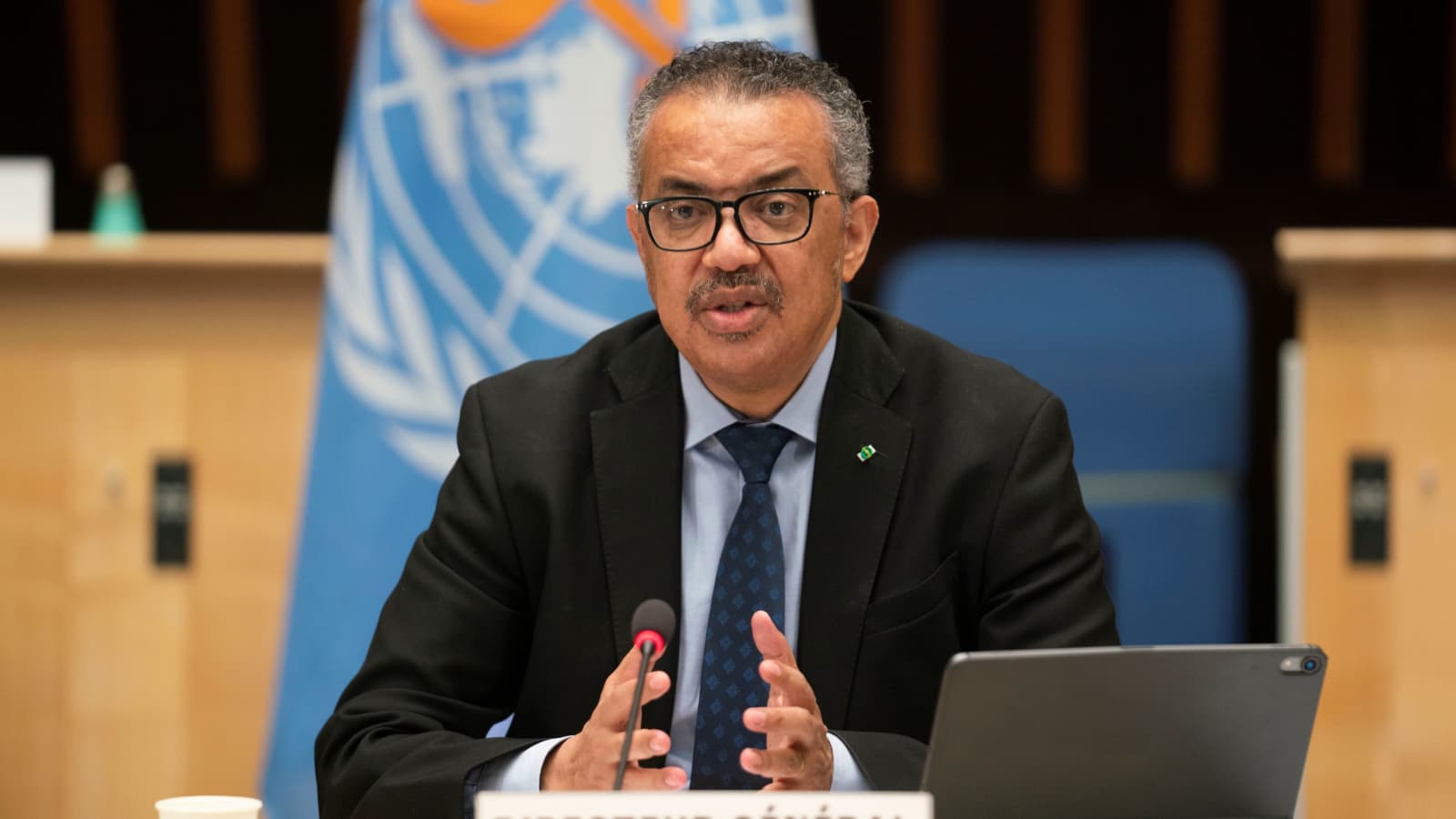Health
Breast cancer: WHO unveils roadmap to save 2.5m lives

The World Health Organisation (WHO) has unveiled a Global Breast Cancer Initiative Framework today providing a roadmap to attain the targets to save 2.5 million lives from breast cancer by 2040.
The unveiling, is coming as the world observed the world cancer day, celebrated every year on Feb. 4 to promote awareness on cancer as a public health issue and to strengthen actions towards improving access to quality care, screening,..
The framework, the WHO said, recommends to countries to implement the three pillars of health promotion for early detection, timely diagnosis and comprehensive management of breast cancer to reach the targets.
There are more than 2.3 million cases of breast cancer that occur each year, which make it the most common cancer among adults.
Dr Tedros Adhanom Ghebreyesus, Director-General of WHO, said in 95 per cent of countries, breast cancer is the first or second leading cause of female cancer deaths.
”Yet, survival from breast cancer is widely inequitable between and within countries; nearly 80 per cent of deaths from breast and cervical cancer occur in low- and middle-income countries.
“Countries with weaker health systems are least able to manage the increasing burden of breast cancer.
”It places a tremendous strain on individuals, families, communities, health systems, and economies, so it must be a priority for ministries of health and governments everywhere.
“We have the tools and the know-how to prevent breast cancer and save lives. WHO is supporting more than 70 countries, particularly low- and middle-income countries, to detect breast cancer earlier, diagnosed faster, treat it better and give everyone with breast cancer the hope of a cancer-free future,” je said.
The WHO director-general said cancer in women, including breast cancer leave devastating impact.
He said that a 2020 study by the International Agency for Research on Cancer suggests that with an estimated 4.4 million women dying of cancer in 2020, nearly one million children were orphaned by cancer, 25 per cent of which were due to breast cancer.
Ghebreyesus said that children who lost their mothers to cancer experience health and educational disadvantages throughout their lives, triggering generational, chronic social disruption and financial harm in many cases.
Also, Dr Bente Mikkelsen, WHO Director for Noncommunicable Diseases said that
Countries need to ensure that the framework engages and integrates into primary health care.
“This effort would not only support health promotion, but also empower women to seek and receive health care throughout the life cycle,” says Dr Bente Mikkelsen, WHO Director for Noncommunicable Diseases.
“With effective and sustainable primary health care, we can really see a pathway to universal health coverage.” Mikkelsen said.
She said that thehe newly published framework leverages proven strategies to design country-specific, resource-appropriate, health systems for the delivery of breast-cancer care in low- and middle-income settings.
According to her, it outlines three pillars of action with specific key performance indicators.
“Recommending countries to focus on breast cancer early-detection programmes so that at least 60 per cent of the breast cancers are diagnosed and treated as early-stage disease.
“Diagnosing breast cancer within 60 days of initial presentation can improve breast cancer outcomes Treatment should start within three months of first presentation.
“Managing breast cancer so that at least 80 per cent of patients complete their recommended treatment.
“Accelerating the implementation of WHO’s Global Breast Cancer Initiative has the potential to avert not only millions of avoidable female cancer deaths but also the associated, intergenerational consequences of these deaths,” Mikkelsen said.
She said that in 2017, the World Health Assembly passed the Resolution Cancer prevention and control in the context of an integrated approach.
Mikkelsen said 2018, WHO developed integrated initiatives in women’s and children’s cancers, calling also for the elimination of cervical cancer and a doubling of childhood cancer survival.
“Taken together, these initiatives can revert the generational harm from cancers and save more than a million lives in the next ten years,” she said.




 Davido's Net Worth & Lifestyle
Davido's Net Worth & Lifestyle 
